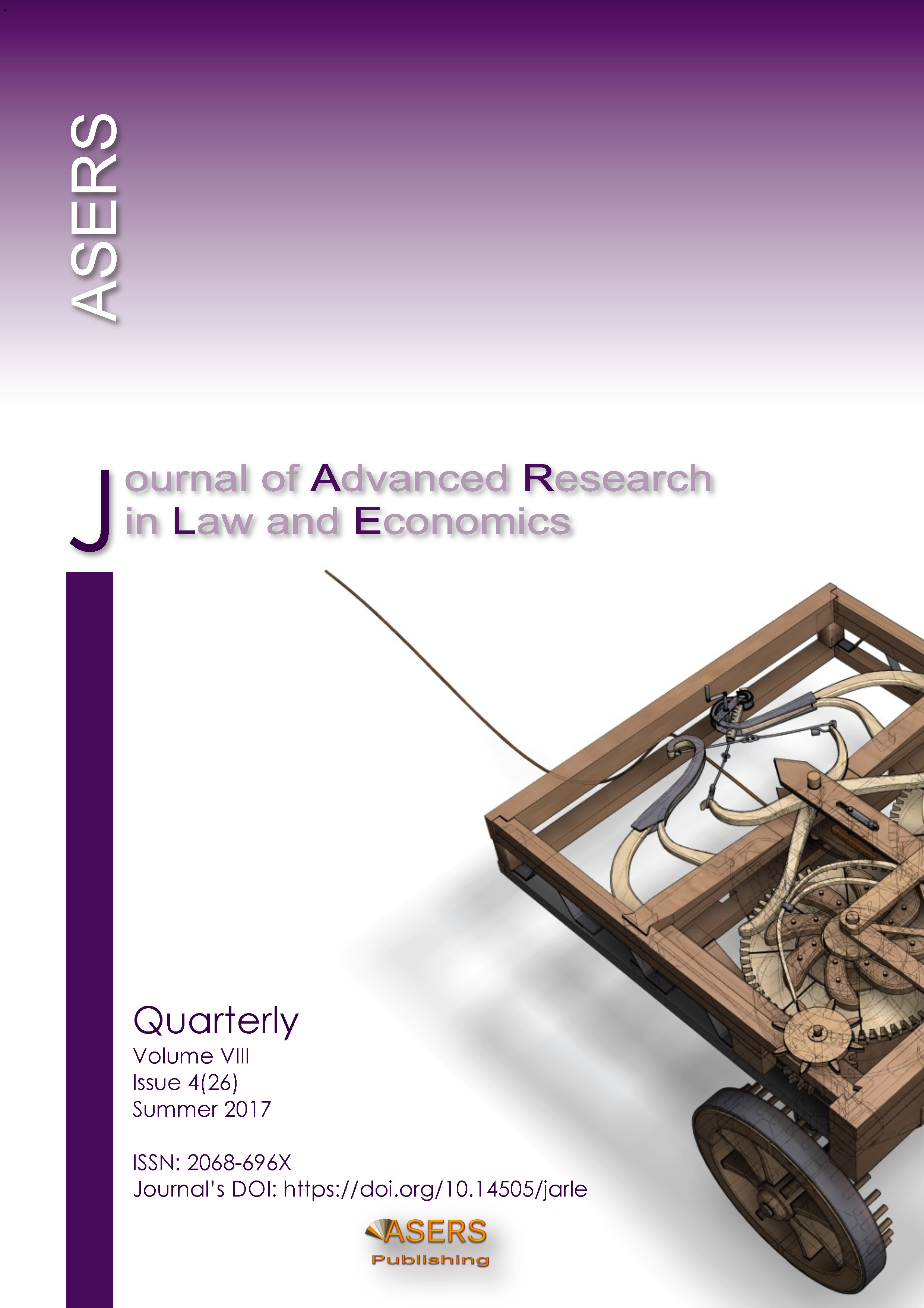Current Trends of Arctic Workforce Formation
Current Trends of Arctic Workforce Formation
Author(s): Medeya Ivanova, Olga OstrovskayaSubject(s): Economy, Human Resources in Economy
Published by: ASERS Publishing
Keywords: Arctic zone of the Russian Federation; workforce; migration; demography;
Summary/Abstract: Due to the increasing interest of the state in the development of the Arctic territories and implementation of various projects, the issue of providing the Arctic zone with human resources is becoming increasingly important. In the article the author examines the potential of the workforce in the regions that constitute the Arctic zone of the Russian Federation. The emphasis is laid on detecting prevailing trends in changing of the workforce and number of potential workplaces on the labor market of Russian Arctic regions, as well as their causes. An evaluation of manpower sufficiency for meeting the needs of the regions under consideration is attempted. The author employed economical and statistical methods of analysis for revealing the current workforce trends on the territories of the Russian Arctic. The author detected the reasons that lie behind the processes under investigation and worked out recommendations for balancing the negative trends. It was found out that the Russian Arctic is characterized by decrease in labor resources, whereas the demand for them is stable or even growing. That means that while a part of the explored regions will be short on workforce in the nearest future, the other part is already experiencing an acute deficit of manpower. The principal reason for the labor force decline in the regions, in whole or in part pertaining to the Arctic zone of the Russian Federation, is decrease in working-age population due to migration outflow that blocks the natural increase. Thus, the regions with well-developed settlement systems should contribute to attracting young people to take up permanent residence through the promotion of youth employment and investment in the development of educational institutions, focused on the needs of the Arctic territories. With respect to underdeveloped areas, it seems most reasonable to manage shift work on the basis of cooperation agreements between the companies and the authorities of the Arctic territories.
Journal: Journal of Advanced Research in Law and Economics (JARLE)
- Issue Year: VIII/2017
- Issue No: 26
- Page Range: 1136-1150
- Page Count: 15
- Language: English
- Content File-PDF

